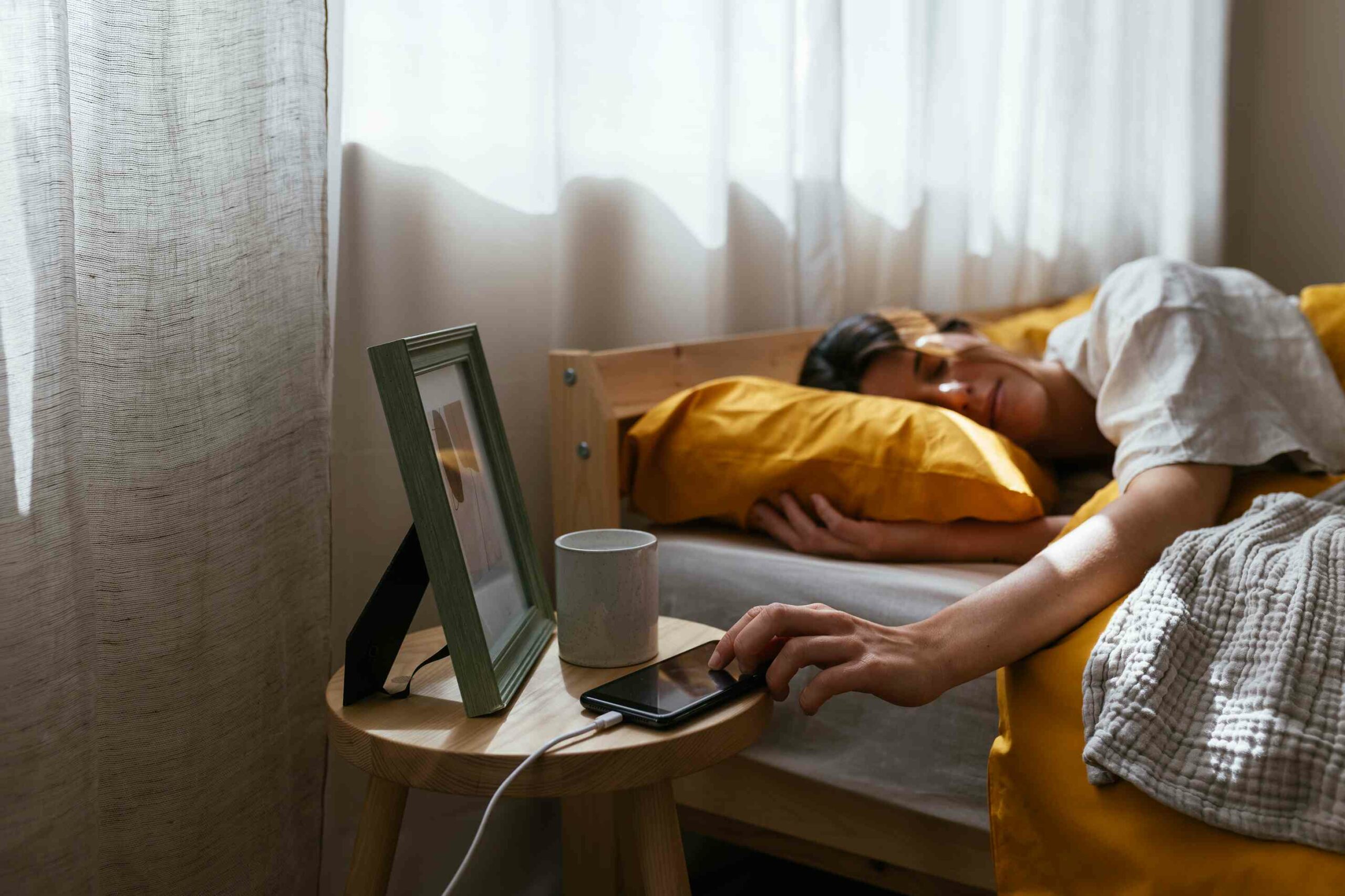
Von Julia Landwehr
Julia Landwehr Julia ist Nachrichtenreporterin für Gesundheit, wo sie über aktuelle und aktuelle Nachrichten zu Gesundheits- und Wellnessthemen berichtet. Vor dem Beitritt GesundheitJulia hatte eine Praktikumsstelle bei Sehr gute Gesundheit, wo sie auch über Neuigkeiten berichtete. Ihre Arbeiten wurden in vorgestellt Die Höheneine unabhängige Studentenzeitung am Boston College, und Minnesota monatlich. Redaktionelle Richtlinien von Health Veröffentlicht am 11. März 2023 Faktengeprüft von Nick Blackmer

Fakten überprüft von Nick Blackmer Nick Blackmer ist Bibliothekar, Faktenprüfer und Forscher mit mehr als 20 Jahren Erfahrung in verbraucherorientierten Gesundheits- und Wellnessinhalten. Faktenprüfungsprozess im Gesundheitswesen